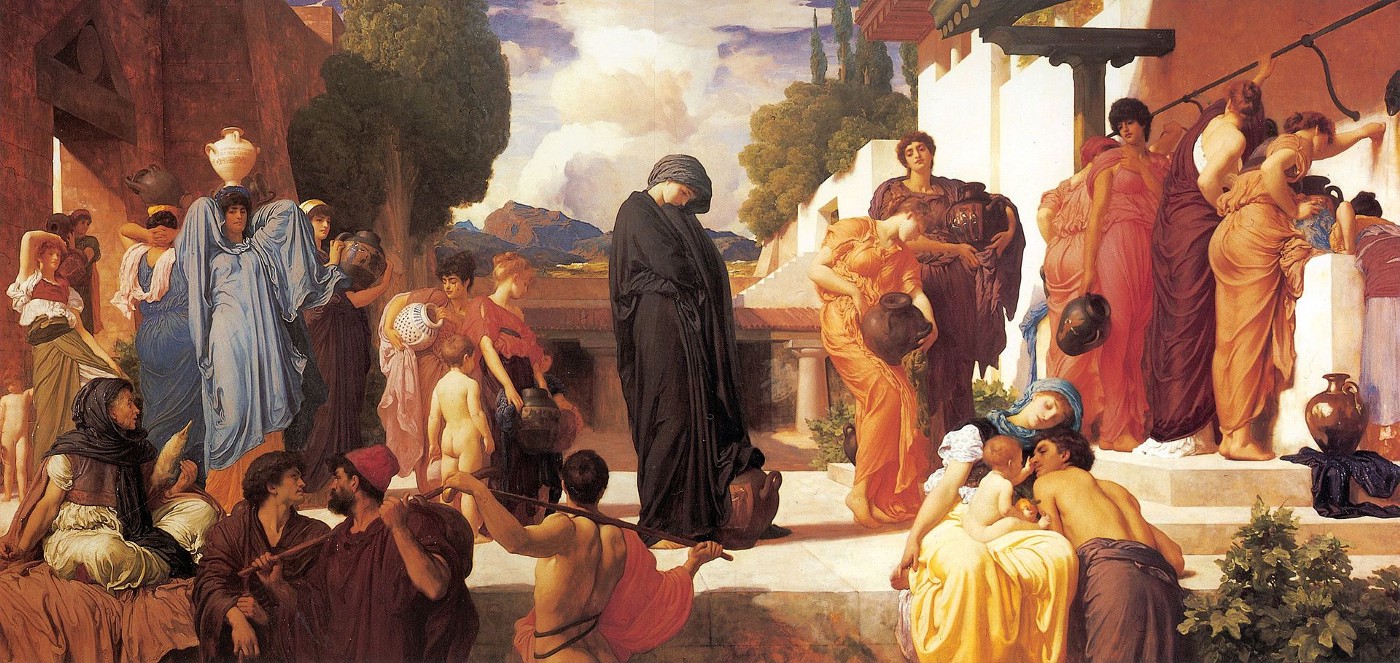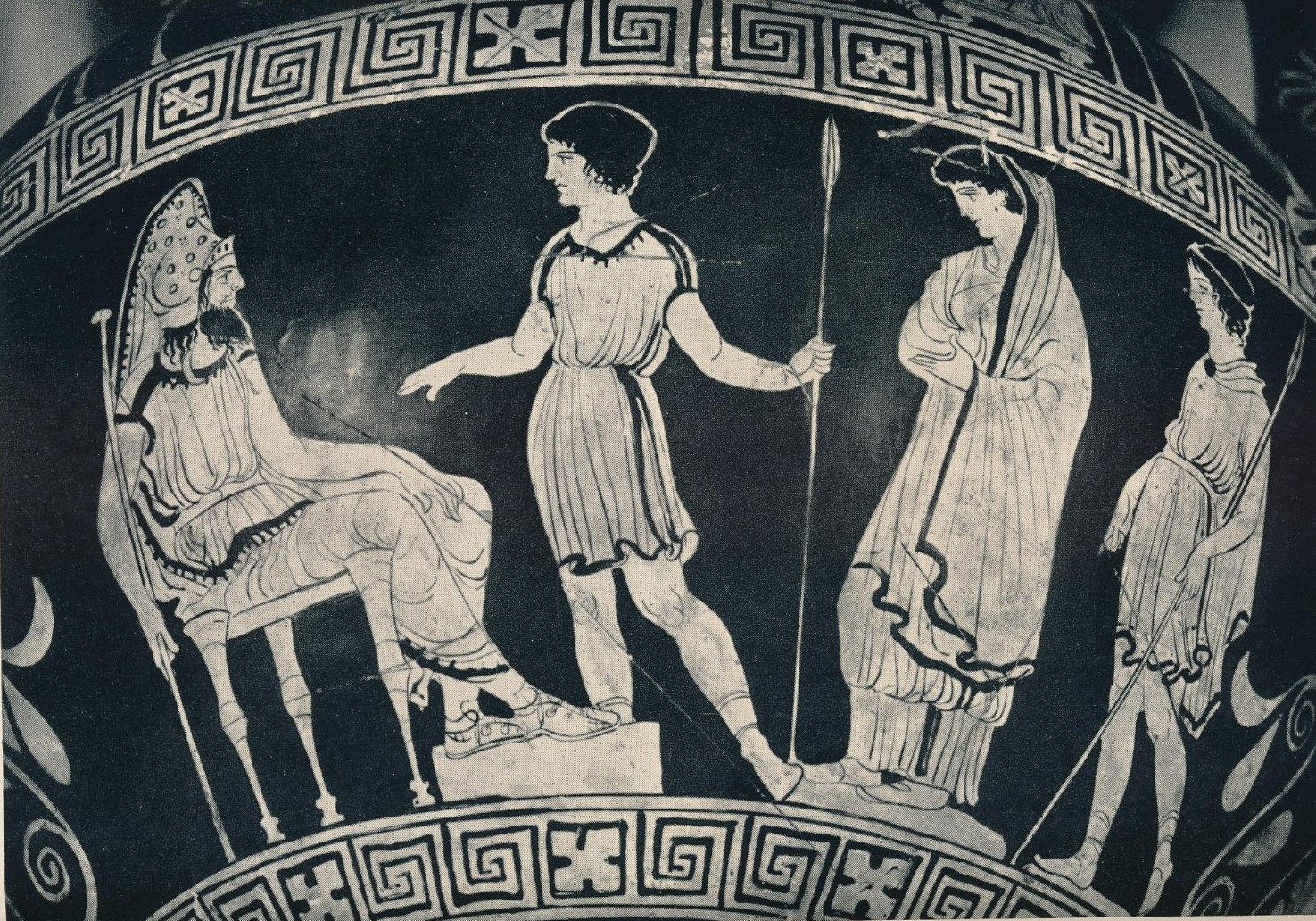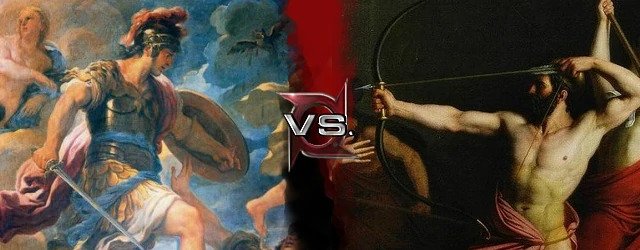About: Sean Kelly
![]()
Sean Kelly has a Double Honours BA in English and Classics at the National University of Ireland, Maynooth. His particular interest is in Euripides, and how the visual aspects of staging his works reflect and manifest his philosophical interests and concerns (particularly regarding the Sophists). He is also a specialist in Digital Marketing, and a passionate advocate for the potential that technology and the internet hold to engage people with the Classics.
Recent Posts by Sean Kelly
Did Constantine Really Convert?

Written on April 25, 2022 at 6:11 pm
Categories: Leaders
Tags: Christian, Christian Convert, Christianity, Column of Constantine, Constantine, Pagan
War and Greek Tragedy (Part Three: Euripides)

Written on April 25, 2022 at 12:12 am
Categories: Culture
Tags: Andromache, Children of Heracles, Euripides, Greek Tragedy, medea, Phoenician Women, Trojan Women, war
War and Greek Tragedy (Part Two: Sophocles)

Written on April 24, 2022 at 2:59 pm
Categories: Culture
Tags: Antigone, Greek Tragedy, Oedipus Rex, pericles, Philoctetes, Sophocles, war
War and Greek Tragedy (Part One: Aeschylus)

Written on April 22, 2022 at 7:22 pm
Categories: Culture
Tags: Aeschylus, Battle of Marathon, Greek Tragedy, Oresteia, Persians, war
Odysseus and Aeneas: Ancient Ideals of Heroism

Recent Comments by Sean Kelly
No comments by Sean Kelly
